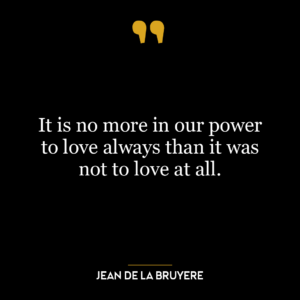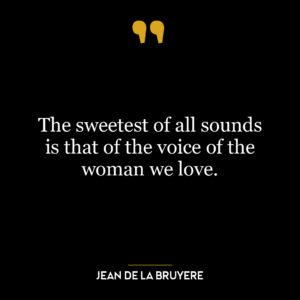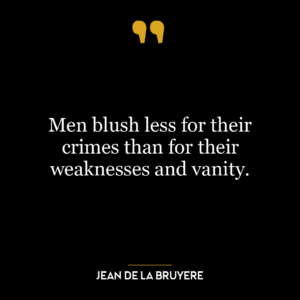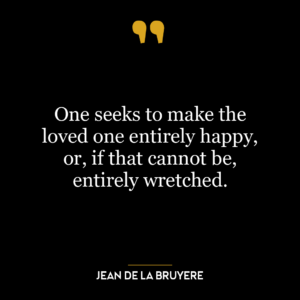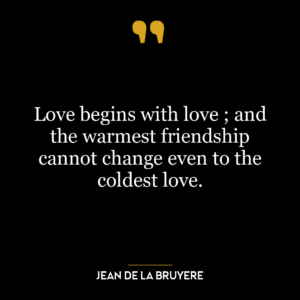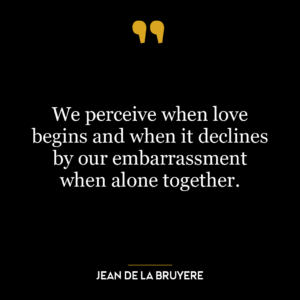The strongest love is the love which is not afraid to show the weakness” is a profound statement. It suggests that the most potent form of love is one that allows for vulnerability, where individuals are not afraid to show their weaknesses to their loved ones. This is because true strength lies in accepting one’s flaws and being comfortable enough to expose them to others, which in turn, allows for a deeper connection.
In the context of a romantic relationship, for example, it means being open about your insecurities, fears, and shortcomings. It’s about being authentic and genuine, not hiding behind a facade of perfection. This kind of openness fosters trust, understanding, and a deeper emotional connection, thereby strengthening the bond of love.
Applying this idea in today’s world, particularly in the realm of personal development, can be transformative. In a society that often values a polished exterior, admitting weakness can be seen as a failure. However, acknowledging our weaknesses can actually be a sign of self-awareness and emotional intelligence. It’s the first step toward self-improvement.
In personal relationships, showing our weaknesses can create a safe space for others to do the same, fostering more authentic and meaningful connections. In professional settings, it can lead to a more collaborative and supportive environment, where people help each other overcome their weaknesses rather than exploiting them.
In personal development, accepting and acknowledging our weaknesses helps us understand areas we need to work on. It allows us to seek help, learn, grow, and develop resilience. Instead of being a source of shame, our weaknesses can become a catalyst for personal growth and strength.
So, the idea encapsulated in this quote is not just about love in the romantic sense, but also about self-love, personal growth, and the way we interact with others in our personal and professional lives. It’s about embracing vulnerability as a strength, not a weakness.



